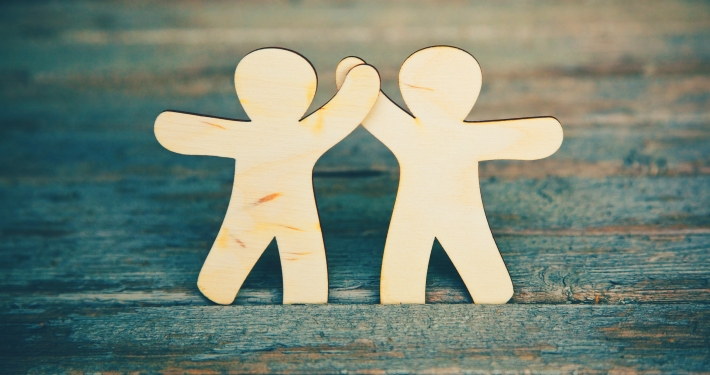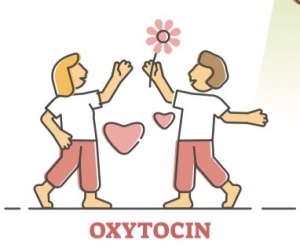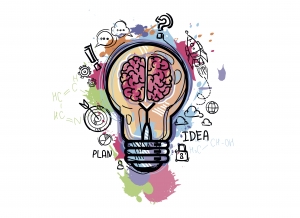“How do I build trust with my team members and peers?”
This is a question I hear often from my coaching clients. When we feel trusted, we feel a stronger connection with the other person, and we are more likely to commit time and energy to the relationship and to activities that preserve that relationship.
Trust is something that we develop over time; it is strengthened by consistency of action, doing what you say you’re going to do, and open communication.
However, we can give it a little boost by encouraging our brains to release the hormone oxytocin.
Oxytocin – our connection generator
Oxytocin is our connection generator. It increases our empathy and generosity, and our desire to cooperate.
It also plays a key role in strengthening relationships: for example, it’s released during childbirth (which helps mothers bond to their babies) and during sex (which promotes a sense of closeness).
Paul Zak, a professor at Claremont Graduate University, discovered the role of oxytocin in connecting with and trusting others. When we feel trusted, our brains respond by producing oxytocin and this makes us feel more trustworthy and more trusting of others. Others then trust us more, which again raises our oxytocin levels … and it becomes an ongoing cycle.
“Hello. How are you?”
Zak’s research found that just saying “hello, how are you?” to others increases the oxytocin in our brains.
This then makes us more open to them, more cooperative, and we feel more generous and compassionate.
It also provides an oxytocin boost to the other person, which makes them more open to us, more cooperative, etc.
(Zak does this whenever he gets into a lift with people he doesn’t know and suggests that others try it!).
If you’re going to try this, then be sincere! Be focused on and interested in the other person. Making eye-contact is important as this also helps to increase oxytocin.
However, extend it beyond just a ‘hello’. Find a commonality, be curious, ask about the other’s work or weekend. While the oxytocin gets the connection started, dialogue and finding commonality move it along.
More brain space…
An added bonus is that oxytocin also decreases our stress and fear levels, so we feel more relaxed and less anxious.
This means we have more brain space for activities like creativity, planning, and decision-making.
Give it a try and let me know how it goes!
Ultimately, trust is about the relationship.






